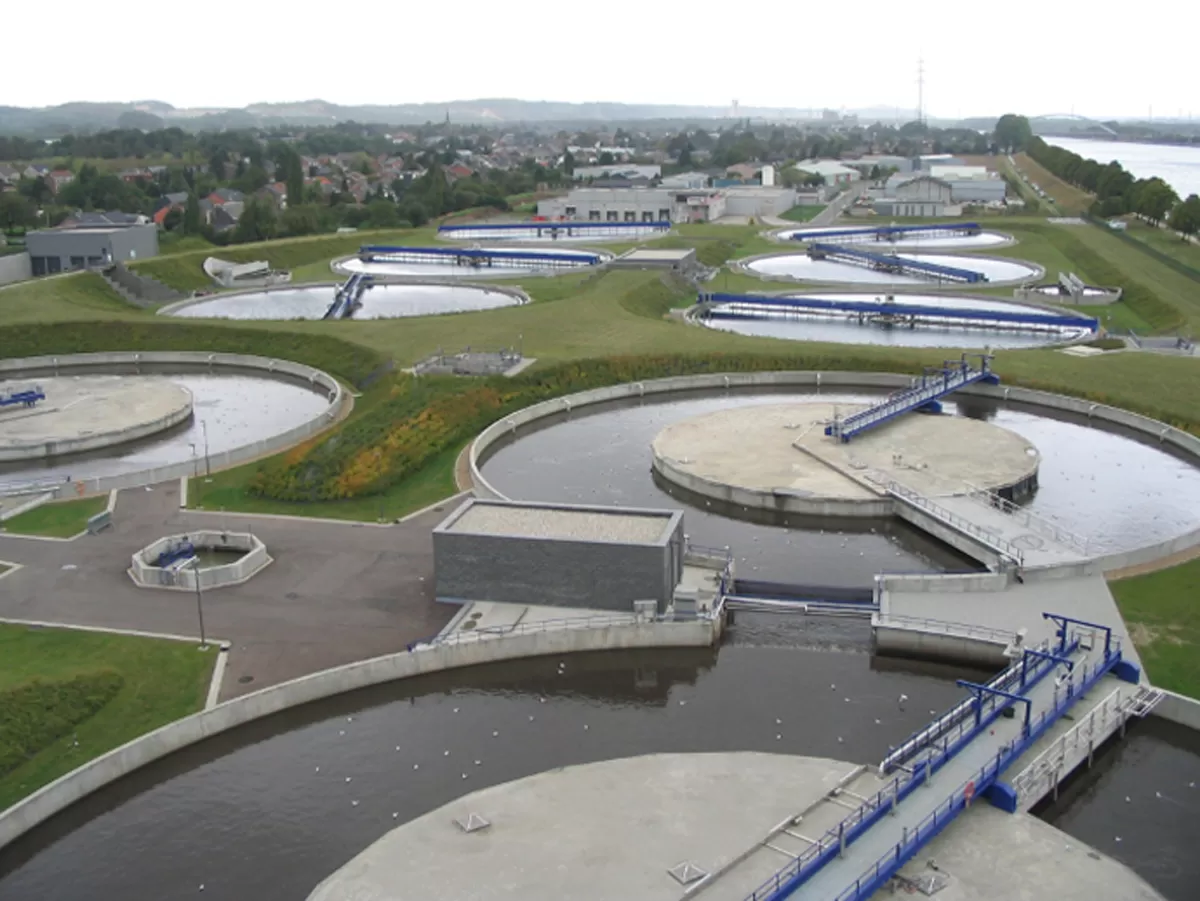You can slake your appetite for real-estate investment without the hassle of purchasing physical property.
ANKUR DHAWAN explains how.
Are you keen to invest in the real-estate sector but not interested in going through the rigmarole of purchasing physical assets? If yes, this could be the option for you: Investing in real-estate on paper and reaping real returns. Real-estate Private Equity (PE) funds are one such instrument.
Realty PE funds entered India when the construction sector was opened up for foreign investment in 2005. Real-estate PE funds either buy stakes in projects or invest in property that is rented out to tenants. Real-estate PE funds invest in more diversified assets. For example, a development-based, real-estate PE fund may invest in projects across India. As the Indian construction industry is cash-starved, real-estate PE funds meet the needs of developers who are badly in need of funds.
As markets have been stagnant for a while now, real-estate developers have been struggling to complete and sell their projects. Although banks offer construction finance between 11 per cent and 12 per cent, lending norms are strict and the repayment period is rigid. As a result of this, developers are compelled to look at non-traditional sources of financing.
The funding for developers is largely in the form of structured debt extended by domestic funds because fund managers are not willing to hold equity.
Although Non-Banking Finance Companies (NBFCs) and PE funds started out in India demanding higher collateral and stringent repayment norms, they have become more flexible as far as refinancing and repayment are concerned. This has helped developers handle the crisis in a better way.
In the first-half of 2016, PE funds invested Rs 3,256 crore in commercial real estate, which is higher than the Rs 2,729 crore invested throughout 2015. The biggest transaction of 2016 was RMZ Corp acquiring Essar Group´s commercial project Equinox Business Park in Mumbai´s Bandra-Kurla Complex for Rs 2,400 crore. For this, RMZ had joined hands with Qatar Investment Authority to buy the project.
Milestone Capital is now raising its third private equity commercial real-estate fund of $209 million.
On the contrary, PE investment in residential real estate is much higher. As they offer more security and higher returns, real-estate PE funds invest more in residential projects of big developers in large Indian cities.
However, in 2014, PE investment in commercial real-estate was higher than the investment in the residential segment. The demand for commercial real-estate is outpacing supply because commercial real-estate development was stagnant between 2011 and 2014.
In 2015, a year when developers actively sought funds, Government of Singapore Investment Corp (GIC), a sovereign wealth fund, Blackstone Group LP and Warburg Pincus LLC were the most prominent investors in real-estate. GIC invested Rs 1,900 crore in two projects of DLF Home Developers. Blackstone bought an office project in Mumbai for Rs 1,060 crore, and Warburg Pincus acquired stakes worth Rs 1,800 crore in the Piramal Group.
A year later, GIC bought Viviana Mall in Mumbai from Sheth Developers for Rs 1,000 crore as Blackstone invested Rs 470 crore in a project of the Salarpuria Sattva Group in Hyderabad´s Knowledge City. In a structured debt transaction, IIFL invested Rs 500 crore in Aristo Realtors in Mumbai.
In the past couple of years, global investors have been pumping money into real-estate PE funds in India. Although global investors have largely been from the US in the past, those from Europe and Asia have also shown growing interest in real-estate PE funds. In a bid to make real-estate development more investor-friendly, the government is making norms along such lines. The ultimate beneficiaries of such growth would be investors and home buyers in India.
PE funds are investing more in real-estate partly because the Real Estate (Regulation and Development) Act, 2016, came into effect in May. Real-estate investment trusts (REITs) may also soon become a reality, and developers find it easier to urge more PE funds to invest in commercial and industrial real-estate. PE funds are now keener on investing in Indian real-estate in the light of favourable government policies such as tax-free zones and 100 per cent foreign direct investment (FDI) through automatic route in warehouse and food storage facilities. Such policy reforms make PE funds and other global investors more bullish about the Indian real-estate market.
Also, when REITs become operational in India, small investors will find it much easier to invest in a diversified portfolio at a low cost. You can be a shareholder in assets that REITs manage without physically owning them. As there are many tax advantages associated with investing in REITs in the US Singapore, and many other countries, the returns from investing in REITs are higher too.
The Securities and Exchange Board of India (SEBI) had formulated draft REIT norms as early as 2008. However, REITs are yet to see the light of day in India. Recently, the Indian Government addressed many factors that prevented the formation of REITs, such as dividend distribution tax, minimum alternate tax and capital gains tax at the level of the sponsor. There are still many hurdles that prevent the formation of REITs - stamp duty and capital gains tax at the REIT level, for example - but India should soon see its first REIT anytime soon. And DLF has taken the first step in this direction.
CW PROPERTY TODAY offers recent updates from the lending market:
- Piramal Fund Management lends Rs.2,320 core to Mumbai-based Lodha Group.
- Sethia Group raises debt worth Rs.115 crore from Edelweiss Group for projects in western suburbs of Mumbai.
- Altico Capital invests Rs.300 crore in Kumar Urban Development´s Pune township.
- Milestone Capital Advisors raises Rs.1,400 crore commercial real estate fund.
- Kotak Realty Fund invests Rs.155 crore in Chennai residential project.
- ASK Group mops up Rs.1,400 crore through its forth realty fund.
- RMZ, Qatar Fund plans second real estate JV to acquire commercial spaces of over 5 lakh sq ft.
- IDFC Alternatives raises Rs.475 crore through realty fund.
- BlackSoil Realty Fund invests Rs.35 crore in two residential projects in Mumbai.
- Indiabulls to raise up to $150 million from NRI investors for real-estate fund.
- KKR to invest Rs.150 crore in Sunteck Realty´s residential projects in Mumbai.
- HDFC´s affordable housing fund hits first close with $405 millon.
- Amplus Capital achieves first closure of second realty fund of Rs.200 crore.
About the authors:
Ankur Dhawan, Chief Business Officer (Resale), PropTiger.com, has over 13 years of industry experience and has been associated with the organisation for more than two-and-a-half years.


















